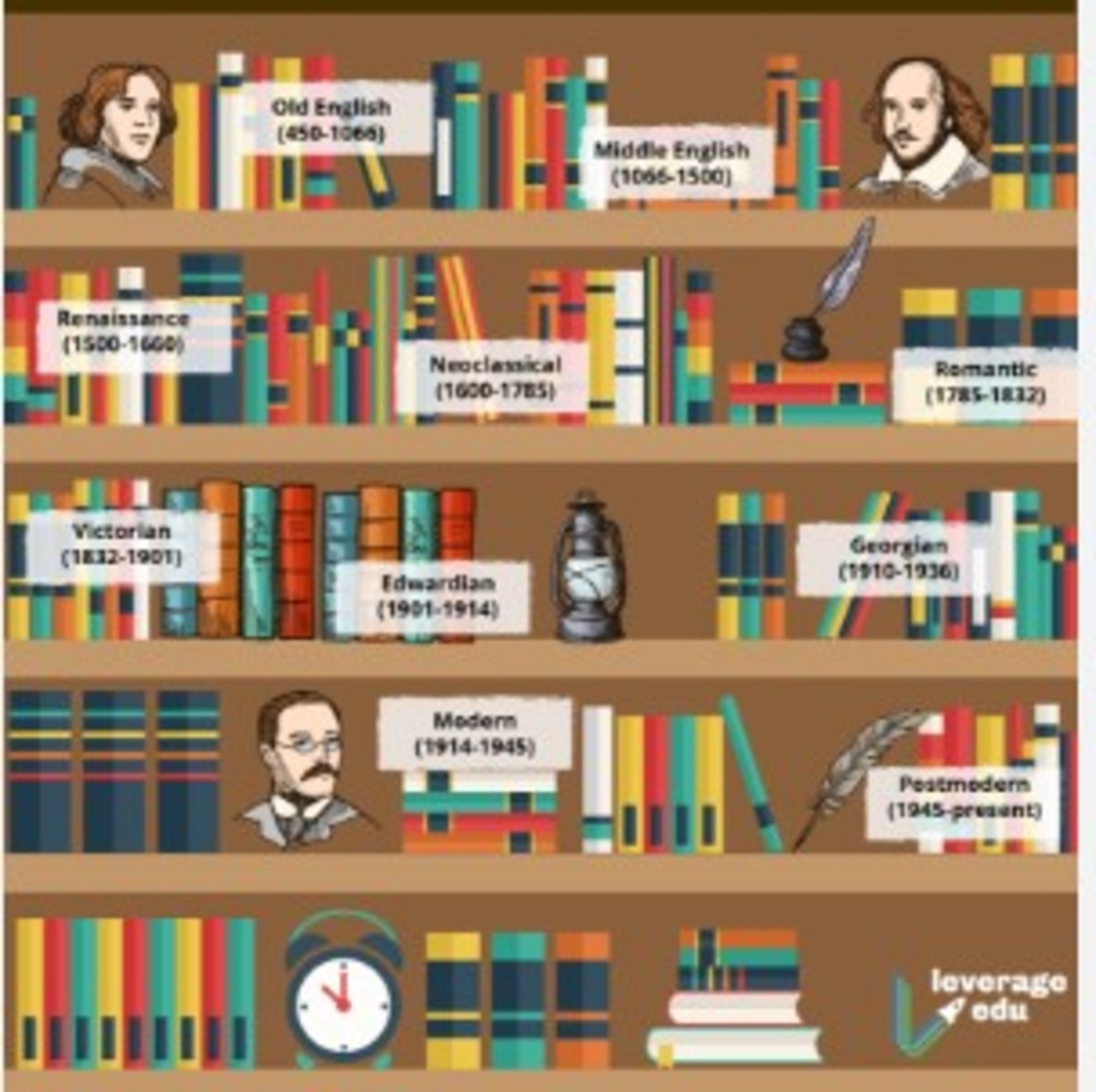What Makes a Person a Bibliophile?
Many people like books. The act of reading itself is something that a lot of people enjoy. Others like collecting books just for the format, while others enjoy them for their content. There are also others who want to read but not necessarily own the book. With so many terms being used in relation to books and reading, how do you know if a person is a bibliophile? Understanding the term and differentiating it with other terms close to it would help.
What is Bibliophilia?
Also known as bibliophilism, bibliophilia is the term used for the love of books. The use of the term “philia” signifies the love for something, and the word “biblio” is used to refer to books. A person who loves books is called a bibliophile, and the adjective is bibliophilic. While most bibliophiles have a passion for books, they are not necessarily book collectors since they do not need to own the books they love in order to fall under the category.
The condition of the book does not matter. A bibliophile can love first editions, second-hand, and brand new books. The format of the book is what draws them in, but they can also love the content.
Bibliophilia through the Ages
Private book collection was started by the Romans, with Cicero and Atticus being examples of classic bibliophiles. However, it was only in 1824 that the term was used in the English language. An earlier version of the word which was used in 1583 was “bookman,” but it often referred not only to those who love books and reading but also to those concerned with writing and selling books. Publishers were also referred to as bookmen.
Notable persons known to be bibliophiles were Lord Spencer, the Marquess of Blandford, and J.P. Morgan. Lord Spencer and Marquess of Blandford loved books so much that they were in a competition to buy the first edition of Boccaccio’s Decameron which led to a significant increase in its price. J. P. Morgan was reported to have paid $24,750 for a Mainz Psalter 1459 edition.
Bibliophilia vs Bibliomania
While bibliophilia is the harmless act of loving books, bibliomania, as the –mania suffix suggests, is not as harmless. It is characterized by the obsession to own as many books as possible without regard for its effects on one’s personal and social life.This obsession might become problematic for one’s relationships, and even health. An example is when a person chooses to buy books over basic necessities such as food and clothing. Preferring not to interact with other individuals for the sake of obsessing over owning books is another unhealthy indication. Hoarding books includes multiple copies and editions. Often a bibliomaniac collects more than the amount that they can read. Bibliomaniacs can also end up not having enough space for their books, which could be a threat not only to their safety, but to their living arrangements as well. Books can easily burn up a house when they accidentally catch fire.
Modern individuals are trying to find a way to curb bibliomania, and the presence of portable reading devices such as Kindle and Nook makes things a lot more convenient. With the help these readers, books will only take up virtual space, allowing an individual to use physical space for other things. With the removal of the physical space restriction, many people argue that bibliomania can be cured but amassing countless books still remains—only this time it is in a form that is not easily seen by others. There’s also the question of whether one can still be called a bibliomaniac if the obsession turned to virtual books instead of physical ones.
Tsundoku
The informal Japanese language has a term for individuals who like buying books and piling them in an unread pile. The term is tsundoku, a play on the words tsundeoku (to pile and leave) and dokuso (reading). People who practice tsundoku may not be aware of what they are doing. The harmless thought of buying a book and intending to read it later is usually what prompts them, and it is only after seeing one unread book piled over other unread books that the condition becomes apparent.
Piles of unread books are not an unusual sight for a book collector, especially if one is bordering on bibliomania, but it is not in so big a scale that it can be considered an obsession. A person could simply want to buy the book he likes with the intent of reading it later until a new book comes along and the cycle continues.
Some would argue that the condition is not a real one since it would be easy to start cracking a book and reading it. Some book lovers even read multiple books at a time. But for the person with such a case, thinking of starting to read and actually doing it are two different things. Tsundoku can be a special term falling under the category of book collecting since the books are collected, but specifically not opened or read.
Bibliomaniac, Bibliophilic, or Simply a Bookworm?
With so many terms used to refer to the love for books, it becomes confusing to differentiate one from the other. While a bibliomaniac, bibliophilic, and a bookworm can all love books, there are some notable differences to clarify which term to use. A bibliomaniac would get all the books they can get their hands on, regardless of the topic or whether they want to read it or not. They can have multiple copies of the same book since it is the form of the book that interests them.
A bibliophilic could collect books about a certain topic that they want to read more of. They love the content as much as the format, but owning the book is not something that is a prerequisite of being a bibliophile. They can borrow a book they love and still be considered a bibliophile.
Meanwhile, a bookworm wants to read books that interest them, and these books can come from different topics. They can buy these books, but as with the bibliophilic, they can also find other sources, since it is mostly the content that interests them.
Both the bookworm and bibliophilic do not necessarily have to own the books that they want to read.
A casual reader who can randomly buy books without feeling compelled to do so just because it is a book or just because it is a first edition would be safe with the term book lover. The love for books is there, but whether or not the individual would like to buy it is completely up to him or her.
Book Lovers in the Modern World
The physical form of the book may not be advertised with the use of reading devices and e-books, but this does not mean that individuals who own e-books instead of actual books cannot be considered book lovers. In fact, it will only be a matter of time before terms used to describe a person who loves collecting e-books with or without the intent of reading them and the obsession of collecting as many e-books as possible will be coined (if they haven’t been already). There are also those who simply want to buy e-books of the topics that they love, buy these can also fall into the category of bookworms.
As for whether or not a person can be a bibliophile if he prefers e-books over physical books, there is the question of format. A bibliophile likes the feeling of books as well as its contents, but e-books only promise the content, not the physical likeness. Therefore, to consider a person a bibliophile, he must love physical books and it remains to be seen whether the term will include e-books in the future.






